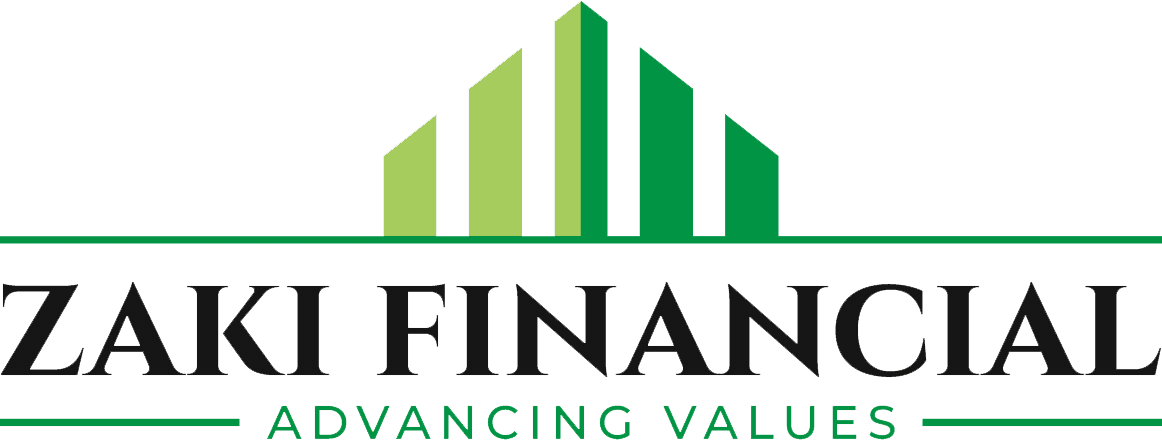Islamic Stocks Screening
The overwhelming majority of publicly traded companies have some incompatibility with Islam in them. Some of them are prohibited because their core business is not permitted. Some have some prohibitions. Therefore, Muslims who want to be 100% free from prohibition would not be able to be part of the stock market at all. This is very impractical, especially since Muslims are 20% of the world's population, and a lot of them need to grow their wealth and retirement accounts. That is why the scholars came up with criteria for tolerating a small percentage of prohibition as long as it is under a certain threshold. This threshold varies somewhat between the different schools of scholars. AAOIFI (Accounting and Auditing Organization for Islamic Finance Institutions) is the most common standard.
The Islamic criteria call for examining the business and financials of the company:
Prohibited businesses include
Alcohol, tobacco and drugs
No media or entertainment except newspaper
No defense or weapon rate
No tourism if it's a casino, hotel, or restaurant with gambling or bars
No interest-based financial institutions, like banks, insurance, or investment companies
No ambiguity (gharar): like insurance
No trading of gold, silver, or currency
No cloning or an ethical bioresearch
if the company's core business includs the above, then it is definitealy prohibited. t is allowed if the above is incidental and only a small percentage (<5%) of the company's business.
The financial criteria examine the following:
Debt: interest-based debt must be less than 33% of total assets
Liquidity: cash and accounts receivable must be less than 33% of total assets
Interest-bearing assets: cash and interest-bearing securities must be less than 33% of total assets
Interest income: interest income must be less than 5% of total income
A quick way to screen a stock is to look at its sector (industry)
Technology: usually acceptable
Healthcare: usually acceptable
Financial services: almost all unacceptable
Consumer discretionary: varies based on details of the business
Consumer staples: usually acceptable
Energy: usually acceptable
Utilities: usually unacceptable because of debt and leverage
Industrial: usually acceptable
Materials: usually acceptable
Communication: usually unacceptable because of debt and leverage
Many Islamic financial institutions have screening formulas and scholars who approve their screening. Here at Zaki Financial, we use the AAOIFI criteria. After that, Dr. Main Alqudah, a well-known and respected scholar with extensive US Islamic finance experience and part of the Assembly of Jurists of America, reviews our screening and portfolios.
At the consumer level, there are the following two options:
Zoya: they have a downloadable app and might require a reasonably priced subscription, but their criteria are a lot stricter than AAOIFI
Ideal Ratings: Their mobile app does not work and has not been updated for a long time, but their Bursa subscription is very robust and according to AAOIFI standards. It's about $1000 a year, though.
Because of the above, I recommend that Muslim investors use investment companies because screening is a significant task and not widely available to the consumer. Stock screening also includes fundamental screening to ensure the stock you invest in will perform well financially. In addition to screening stocks financially and Islamically, you still have to know how to build a diversified and balanced portfolio.
